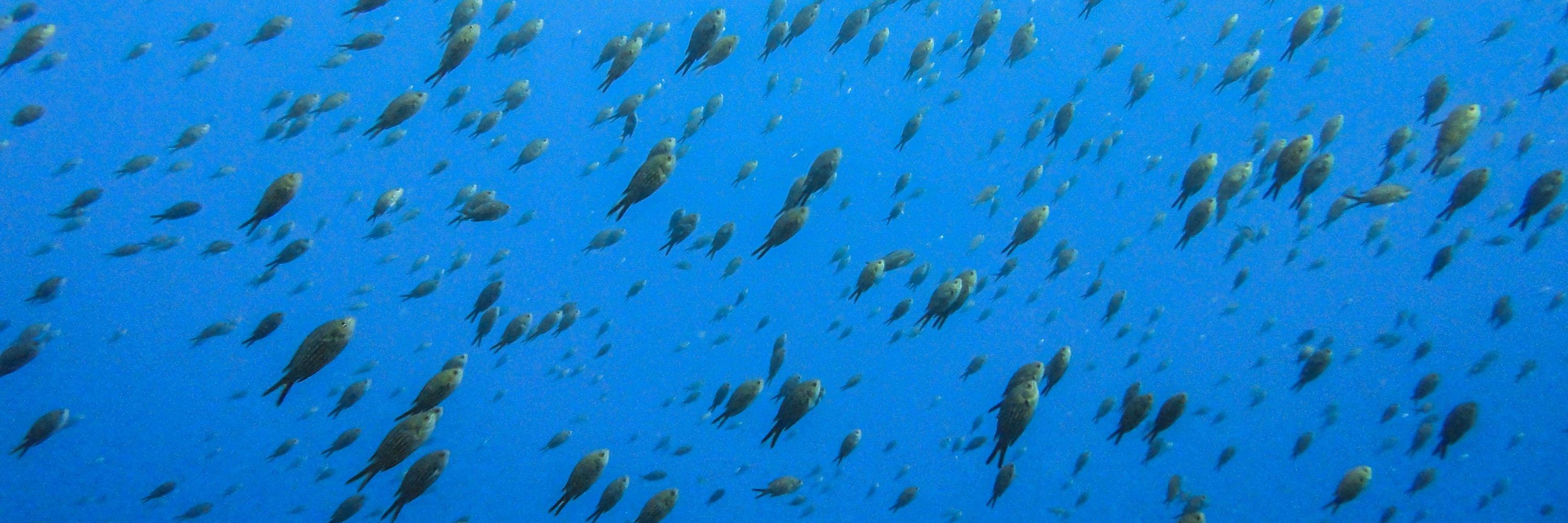
Professor of Marine Ecology @University of the Aegean. Focus: marine conservation, biological invasions, marine biodiversity, and ecological monitoring. #GuardIAS #MarinePlan #GES4SEAS #NemoTools #BioBoost+ #CamBioMed #INSPIRE #MarineEcology #BioInvasions .. more
Professor of Marine Ecology @University of the Aegean. Focus: marine conservation, biological invasions, marine biodiversity, and ecological monitoring. #GuardIAS #MarinePlan #GES4SEAS #NemoTools #BioBoost+ #CamBioMed #INSPIRE #MarineEcology #BioInvasions
Reposted by Julie L. Lockwood

👉 onlinelibrary.wiley.com/doi/10.1002/...
#bioinvasions #InvasiveSpecies 🧪🌍🌐
Reposted by Stelios Katsanevakis
#MarineScience #Bioboostplus
Reposted by Stelios Katsanevakis
Reposted by Stelios Katsanevakis, Michel Tsamados

Download at zacklabe.com/arctic-tempe...
Reposted by Stelios Katsanevakis
Global Temperature in 2025, 2026, 2027
Hansen et al 2025
mailchi.mp/caa/global-t...
Reposted by Stelios Katsanevakis

Guarding #marine & #estuarine waters from biological invasions
We invite talks on #prevention, #monitoring ( #eDNA, #AI, #RemoteSensing), #management, #climate – #IAS links & policy solutions.
Abstract submission opens in January
#InvasiveSpecies #bioinvasions
Reposted by Stelios Katsanevakis

Reposted by Ángel Borja, Stelios Katsanevakis

[Original post on fediscience.org]
Reposted by Stelios Katsanevakis




📷 Credit: Guy Raanan @rilovlab.bsky.social @iolr-il.bsky.social
#RilovLab #BioBoostPlus #MarineScience #UnderwaterImaging

www.nature.com/immersive/d4...
Reposted by Stelios Katsanevakis

The #GuardIAS project is modelling its spread via offshore wind farms.
#InvasiveSpecies #BioInvasions #IAS
Reposted by Stelios Katsanevakis, Jussi T. Eronen
Reposted by Sonia I. Seneviratne, Stelios Katsanevakis, Nicolai von Ondarza

Read more ⬇️
Reposted by Stelios Katsanevakis

#GuardIAS is working with groups in Norway to create a management plan.
#InvasiveSpecies #BioInvasions #IAS
Image: NOAA Fisheries
Reposted by Stelios Katsanevakis

What you'll learn:
✅ Bioinvasion impacts
✅ Introduction pathways
✅ Management strategies
Catch up before Course 2 drops in early 2026.
🔗 Start here: www.ecmunipv.it/login/index....
#InvasiveSpecies #BioInvasions #IAS
Reposted by Stelios Katsanevakis

It's known for being venomous & outcompeting native fish. The #GuardIAS project is setting up an early warning system to stop its spread.
#InvasiveSpecies #BioInvasions #IAS
Reposted by Stelios Katsanevakis
While surveying benthic biodiversity for #BioBoostPlus WP2, @NIOZ_Netherlands researchers caught this Homarus gammarus on ROV.
Restoration work meets AI + imaging.
🎥 Credit: Zhiyuan Zhao
@niozsearesearch.bsky.social
#MarineScience #ROV #Biodiversity
Author link (view-only): rdcu.be/eTtif
@skatsanevakis.bsky.social @thanasisnikolaou.bsky.social
#NEMOTOOLS #marinebiology #ROV #spawninggrounds #conservation

link.springer.com/article/10.1...
🌍🌐🧪🐟
#fisheries #Mediterranean #MarineEcology #conservation
Reposted by Stelios Katsanevakis

Reposted by Stelios Katsanevakis
During @nemo-tools.bsky.social ROV surveys to map gorgonian & coralligenous habitats, the seafloor suddenly turned into a landscape of circular nests, each guarded by a male.
We weren’t searching for spawning grounds – we dropped onto one.
Reposted by Stelios Katsanevakis

Author link (view-only): rdcu.be/eTtif
@skatsanevakis.bsky.social @thanasisnikolaou.bsky.social
#NEMOTOOLS #marinebiology #ROV #spawninggrounds #conservation
Reposted by Stelios Katsanevakis

They were almost driven to extinction in the early XX century, and the current population is descended from about 17 animals, thanks to the efforts of prof. Jan Sztolcman

📅 Apply by 6 Jan 2026.
📧 More info: euraxess.ec.europa.eu/jobs/393307
— dive in!
#Conservation #job 🌍🌐
Reposted by Stelios Katsanevakis

The last day of November in this graphic recorded 1.55°C above the pre-industrial baseline.
Reposted by Stelios Katsanevakis

www.pew.org/en/research-...



#MarineEcology 🌍🌐🧪
Reposted by Stelios Katsanevakis
@ribas-deulofeu.bsky.social visited @azti.bsky.social to help build AI tools for faster biodiversity monitoring.
#BioBoostPlus #AI4Oceans #Zooplankton


